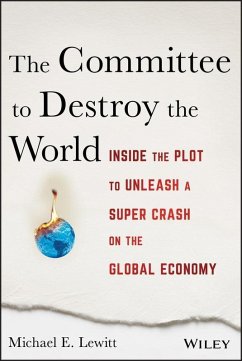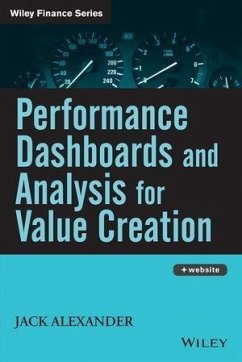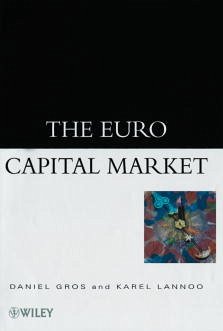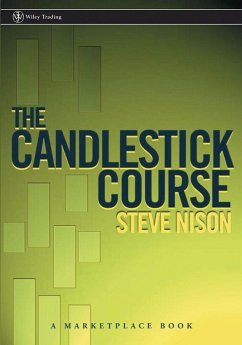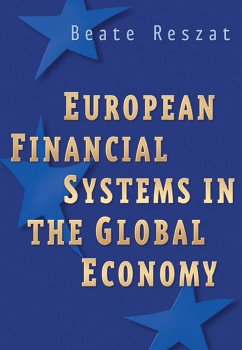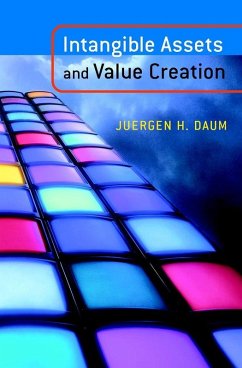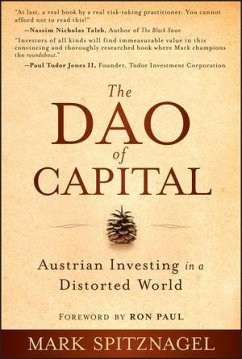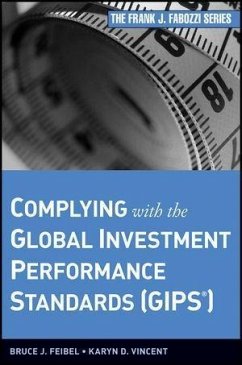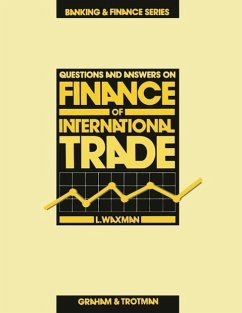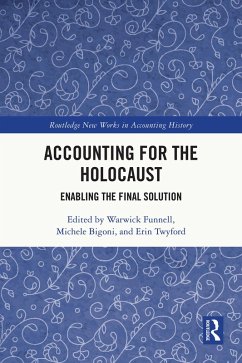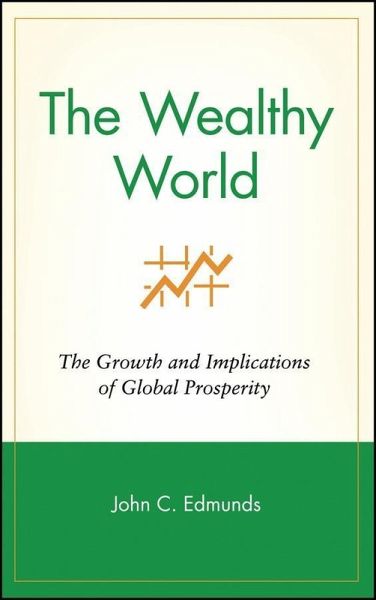
The Wealthy World (eBook, PDF)
The Growth and Implications of Global Prosperity
Versandkostenfrei!
Sofort per Download lieferbar
29,99 €
inkl. MwSt.
Weitere Ausgaben:

PAYBACK Punkte
0 °P sammeln!
World wealth creation exceeded $2 trillion per month in 1999. The potential for world wealth might be as high as $500 trillion or $83,333 for each person on Earth. This rapid and increasing accumulation has the capacity to touch every aspect of economic development and exchange. The Wealthy World explains the reasons for this increase and its implications in a world whose financial systems are becoming increasingly unified. Written by an author with worldwide credentials, this fascinating book lays out a key component of the approaching world economy, including the impact of the global rise of...
World wealth creation exceeded $2 trillion per month in 1999. The potential for world wealth might be as high as $500 trillion or $83,333 for each person on Earth. This rapid and increasing accumulation has the capacity to touch every aspect of economic development and exchange. The Wealthy World explains the reasons for this increase and its implications in a world whose financial systems are becoming increasingly unified. Written by an author with worldwide credentials, this fascinating book lays out a key component of the approaching world economy, including the impact of the global rise of technology and interconnectivity and the implications of these factors on global wealth.
Dieser Download kann aus rechtlichen Gründen nur mit Rechnungsadresse in A, B, BG, CY, CZ, D, DK, EW, E, FIN, F, GR, HR, H, IRL, I, LT, L, LR, M, NL, PL, P, R, S, SLO, SK ausgeliefert werden.



